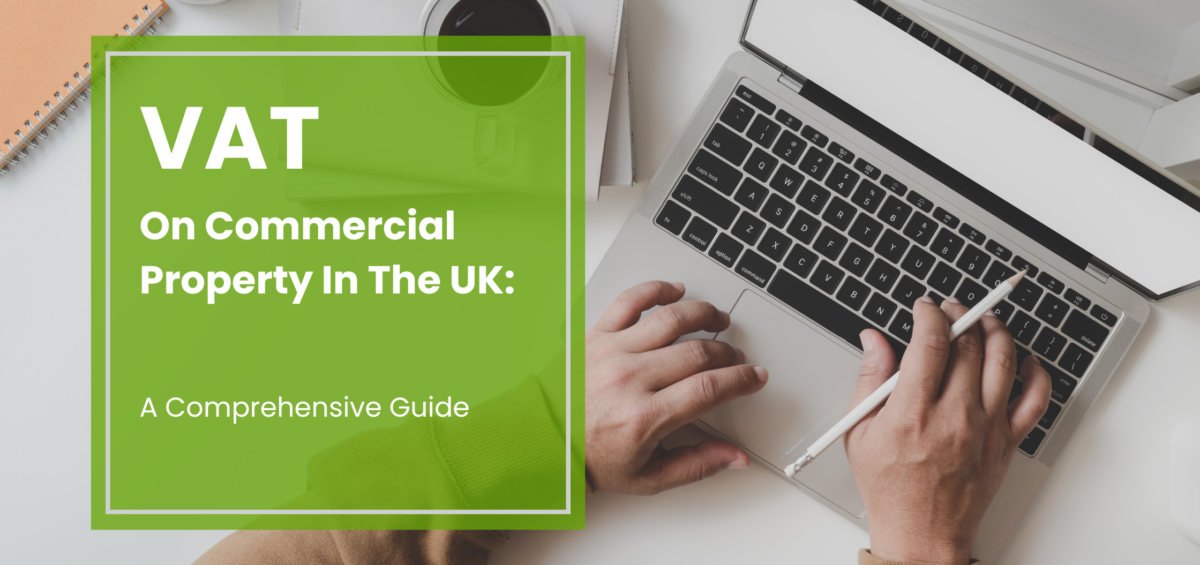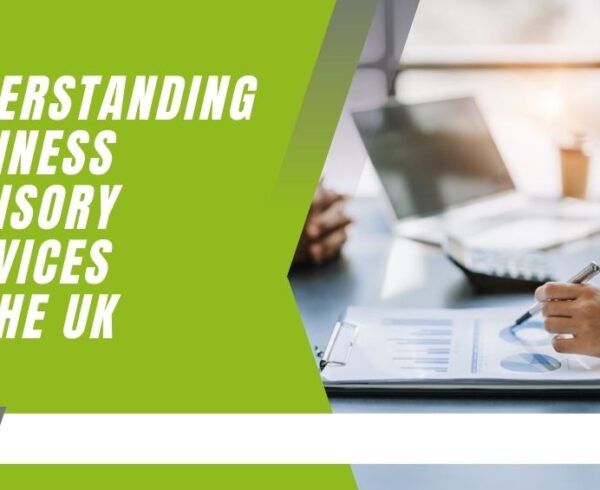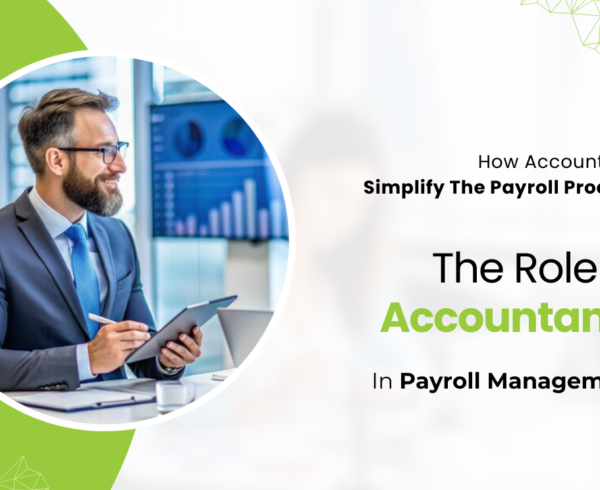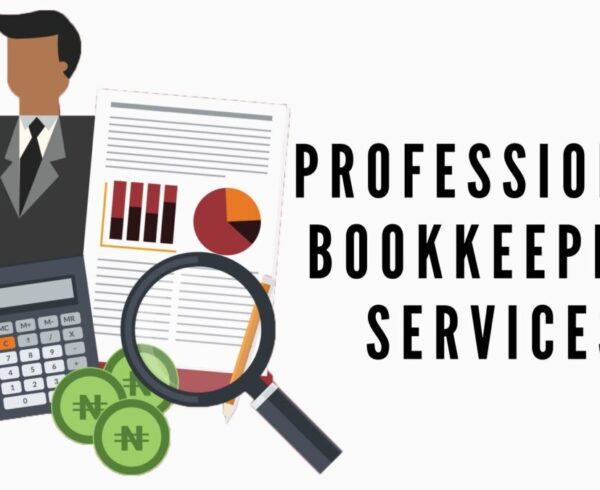Understanding VAT on commercial property transactions in the UK is crucial if involved in real estate. This comprehensive guide will provide a clear overview of the standard VAT rate, options for charging VAT, VAT exemptions, and how our services can assist you in navigating commercial property VAT.
What is the Standard Rate on Commercial Property Transactions?
The standard VAT rate applied to commercial property transactions in the UK is 20%. Therefore, buyers and sellers of commercial properties generally pay 20% of the VAT consideration. However, certain conditions apply under which VAT is not applicable or is charged at reduced rates.
The standard rate of VAT on commercial property might change sometimes; therefore, consult with a VAT expert for up-to-date information.
Options to Charge VAT
There are two main methods to charge VAT on commercial property transactions:
- Option to Tax: The seller can charge VAT upon the sale of the commercial property even though the property itself is not VAT-rated. This option benefits the seller under certain conditions—specifically when they have input VAT paid on business expenses they can reclaim.
- Zero-Rating: Certain commercial properties are eligible for a zero rating, which means no VAT will be charged upon sale. This situation mainly occurs with new commercial buildings, provided they meet certain requirements (such as being built for specific purposes and not being used for residential purposes).
There are several issues involved in whether or not a commercial property would be taxed or zero-rated, such as the business circumstances of the seller, the nature of the property, and the tax implications.
VAT Exemption on Commercial Property
In some circumstances, commercial property transactions are exempt from VAT. This means that there would be no VAT paid by either the buyer or the seller concerning the sale of the commercial property. Some of the examples of VAT-exempted commercial property transactions include:
- The sale of a property that has already been VAT-rated: If the commercial property were VAT-rated at the time of construction or sale, further sales of the property would, in general, be VAT-exempt.
- The sale of a property by a non-business seller: If the seller is an individual or a non-business entity, the sale would be VAT-exempt.
- The sale of a property used for charitable or public purposes: The sale of property used for charitable or public purposes is exempt from VAT.
Remember, the laws on exemptions for VAT are often complicated. There could also be exclusions, conditions, or other qualifying criteria. Always seek a professional’s opinion about VAT on commercial property transactions. They will make a professional determination whether the transaction you’re contemplating falls into an exception regarding VAT exemption.
Common Pitfalls and How to Avoid VAT on Commercial Property
Incorrect VAT Classification
One common pitfall is incorrect VAT classification since the commercial property transaction would probably fall under either “buildings” or “lands.” Whether a property is a “building” or “land” depends on its use, and the same property could thus attract a different kind of VAT during its construction and subsequent sales.
A building will usually attract VAT during construction and all subsequent sales, while land might not attract VAT at all or might attract VAT at a reduced rate. This is why it is always important to seek the services of a VAT consultant to avoid committing errors.
Overlooking the Supply Chain
VAT is charged at every point of a supply chain. Therefore, property developers, contractors, and suppliers must account for VAT input and output.
Please consider every aspect of the VAT implications at every stage to avoid underpayments or overpayments of VAT on commercial property. To avoid such risks, one needs to keep detailed records of all transactions and consult a VAT professional to understand the VAT treatment at every step.
Misunderstanding the Treatment of Land
In some jurisdictions, land’s VAT treatment varies. Land is sometimes zero-rated, and at other times, it is taxed at a reduced rate. Therefore, it’s essential to understand the rules governing land transactions by region to avoid VAT implications.
Failing to Consider VAT on Renovations and Improvements
Renovation and improvement work on commercial property are also bound to raise VAT implications.
The nature and extent of work that needs to be undertaken would determine the VAT treatment. Thus, the VAT implications of any proposed renovation or improvement work must be analysed beforehand to avoid unexpected tax liabilities.
Overlooking VAT on Leases
VAT can also apply to commercial property leases. Again, the application of VAT would depend on the nature of the lease and jurisdiction. Here, the landlords and tenants must critically observe and scrutinise the lease terms regarding how VAT is affected and comply appropriately.
Incorrect VAT Recovery
Property owners and businesses can recover the VAT paid on eligible business expenses. However, the process is complex and requires an in-depth understanding of the VAT recovery rules for all the eligible allowances claimed.
Failing to Keep Adequate Records
Proper and detailed records are a vital component of VAT compliance. Property owners and businesses must keep records of all their transactions, invoices, and supporting documentation for any audit or demonstrate the accurate VAT computation.
Neglecting VAT Audits
Although VAT audits can be daunting, any VAT irregularity not covered may result in hefty penalties or interest charges. Conducting VAT reviews or engaging with a VAT professional would be advisable to avoid errors or omissions.
How We Can Help You
Our team of experienced professionals can provide you with a wide range of guidance and support on all aspects of VAT on commercial property. Our services include:
- Business advice and support: We can help you understand the VAT implications in your commercial property transactions and provide tailored advice to meet your needs.
- Bookkeeping and accounts: We ensure your financial records are accurate and up-to-date, essential for VAT compliance.
- Management reporting and guidance: We can provide regular management reports to monitor the VAT position and recommend areas for improvement.
- Tax returns and wealth planning: Our experts can prepare VAT returns and effective tax planning to yield maximum benefits.
- Forensic accounting and tax mitigation: We can undertake forensic investigation and identify possible avenues for tax mitigation.
- Accounts and audit support services: We will provide all annual accounts and audit support services so your business fully complies with the regulations.
Contact our experts for any VAT on commercial property-related affairs.






